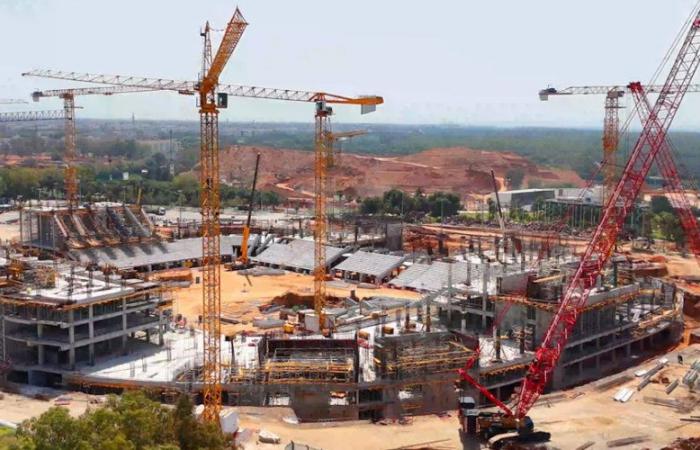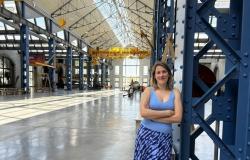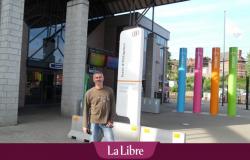The co-organization of the 2030 World Cup will bring Morocco colossal financial revenues of around $1.2 billion, and will impact several sectors, it is predicted. It will generate enormous jobs for young people, contribute to the revitalization of tourism, by stimulating investments and strengthening infrastructure. It will be beneficial for the kingdom, whether before, during or after this global event, assures consultant and economic expert Mohammed Jadri to Al3omk. With its many partners, Morocco will launch a set of investments, whether in infrastructure such as roads, hotels, stadiums, and air and maritime transport, which will create a large number of jobs, he adds. -he. Many tourists will want to visit Morocco after this football celebration, which will be reflected in the job market in the kingdom, he believes. Consequently, this event is a real opportunity for economic takeoff, especially since the objective is to increase the gross domestic product by 2035 to reach 260 billion dollars, he concludes.
Read: World Cup 2030: what about the socio-economic benefits for Morocco?
Economic analyst Omar Kettani is not entirely of this opinion. According to him, these investments could be capitalistic rather than operational in nature. In other words, the announced investments are directed towards infrastructure, with returns generally in the medium or long term. We must therefore distinguish between lucrative capitalization and investments, which mainly aim to reduce disguised unemployment and integrate workers in the informal sector, which accommodates 3 million citizens, he argues. If Morocco encourages foreigners to visit the country by organizing a series of international events, certain phenomena such as begging nevertheless constitute an obstacle to the success of this initiative, analyzes the expert. “This demonstrates that we encourage tourism on the one hand and combat it on the other, especially since tourists do not accept the proliferation of such phenomena,” he continues.
Read: World Cup 2030: Morocco is preparing to strengthen its railway network
Kettani insists on the need for Morocco to adopt an economic policy of a social nature. “We have capitalist policies based on large investments, such as basic infrastructure, particularly sports,” he points out. According to these explanations, social investments emerged through the social coverage project and the construction of hospitals, but it would have been decided to sell these hospitals. “The social sector based on a rentier, capitalist, exploitative and monopolistic mentality cannot employ many people,” says the expert. Although he admits that the Moroccan economy will continue to generate income, he emphasized that these profits will not exceed 3.5 to 4% of national economic growth, due to the lack of investment in people, notably in rural areas, which represent 40% of the population, and whose inhabitants depend on agriculture.
To read: World 2030: Morocco on the road to an economic boom?
The social sectors are not profitable for the private sector, and Morocco’s social problems, mainly poverty, unemployment and marginalization, will not be resolved by a government with a commercial and profitable capitalist vocation, added the expert.






